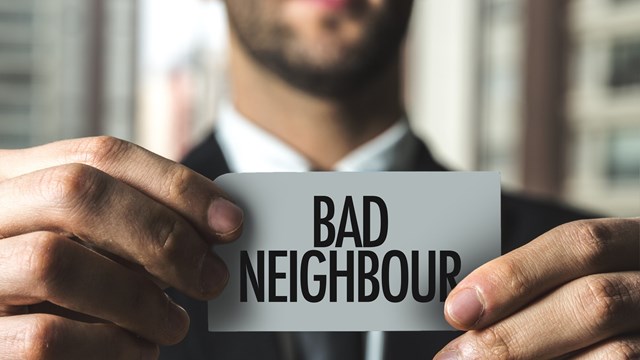Q Should a real estate developer be involved in construction projects in his or her building or is it more feasible to let an independent general contractor with no ties to the developer do the actual construction works?
—Curious in Chelsea
“It raises questions about whether someone got a ‘kickback’ as a result. I get many calls from shareholders questioning such projects and the money that was spent. They wonder why someone who was a friend of a board member did the work and whether any money was exchanged under the table.
“I do not want to malign kindly developers who offer to help out the building that they live in. Usually such offers are motivated by a sincere desire to give the building the work they need at a lower price. However, you lose that ‘independence’ we spoke of earlier. You still need to insist that they provide insurance and do the same excellent work that you would expect of any contractor. Who is going to be the one to tell the neighbor/developer that the work is not good enough and needs to be ripped out and re-done? What if he causes damage or someone is hurt during the project? There is a tendency to not observe formalities, such as well-drafted, well-thought out contracts, when someone is doing ‘a favor.’ There is also a tendency in such situations to dispense with formal plans and specifications in order to save money. That makes it harder to pinpoint what work was done. I could go on and on with examples. Frankly, the developer should not be so keen on such an arrangement either. He has the same liability as he would have on any project if there is an accident, but without the financial reward.
“It is best to be able to show the other shareholders that the board is completely objective. Solicit bid from independent contractors and then negotiate a fair price. I hope this helps.”







Leave a Comment